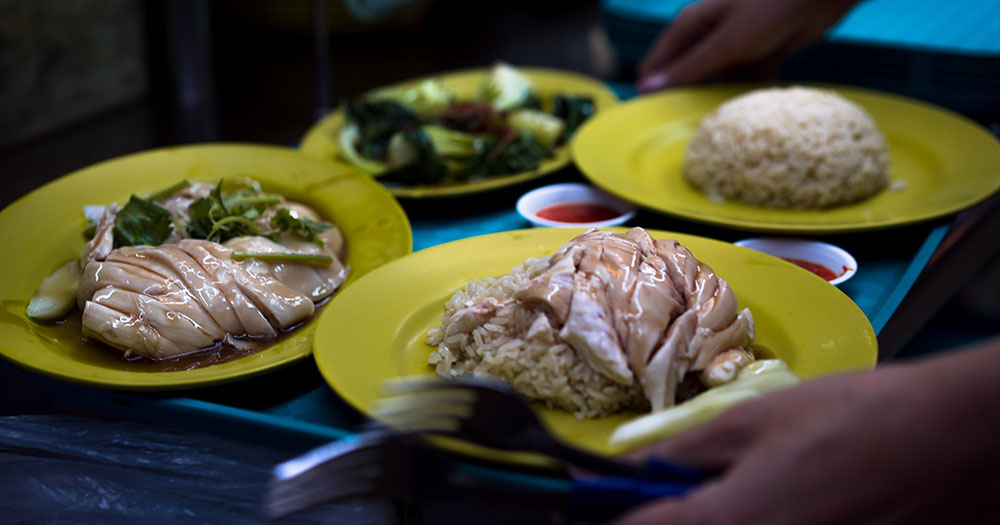Follow us on Telegram for the latest updates: https://t.me/mothershipsg
Singapore's core inflation rose to 5.1 per cent in August 2022, on a year-on-year basis, up from 4.8 per cent in July, according to a joint press release by the Monetary Authority of Singapore and the Ministry of Trade and Industry (MTI).
This marks the third straight month in which it exceeded the 4 per cent rate last breached during the global financial crisis.
The pickup in core inflation was mainly driven by larger increases in the prices of services and food.
In addition, the core inflation rate for August is also close to a 14-year high, CNA reported.
The last time Singapore reported a greater core inflation rate was in November 2008, with an increase of 5.5 per cent.
Core inflation excludes private transport and accommodation costs.
Headline inflation is at 7.5 per cent
Meanwhile, headline inflation for August, on a year-on-year basis, rose to 7.5 per cent, up from 7 per cent in July.
MTI and MAS highlighted that the rise in headline inflation largely reflected higher private transport inflation, in addition to the pickup in core inflation.
Both entities also maintained their full-year forecast ranges of 3 to 4 per cent for core inflation and 5 to 6 per cent for headline inflation.
They had previously raised these forecasts in July.
Everything up except electricity and gas
Private transport rose 24.1 per cent in August, up from 22.2 per cent in July, due to a faster pace of increase in car prices.
Meanwhile, food inflation rose 6.4 per cent, up from 6.1 per cent in July, as the prices of both food services and non-cooked food saw a steeper increase.
Accommodation inflation rose 4.7 per cent, up from 4.6 per cent in July, alongside a larger increase in housing rents.
Services inflation rose 3.8 per cent, up from 3.5 per cent in July, mainly because of a stronger pickup in holiday expenses.
As for retail and other goods, inflation rose by 2.9 per cent, up from 2.8 per cent in July, on account of a faster pace of increase in the prices of clothing and footwear, and household durables.
In the case of electricity and gas, however, inflation rose by 23.9 per cent, down from 24 per cent in July, due to a smaller increase in gas prices.
Inflation to stay elevated for the next few months
The joint press release further elaborated that global inflation is likely to stay elevated in the near term as key commodity markets continue to face supply constraints, and labour markets in many major economies remain tight.
The recovery in domestic demand in some regional economies, as Covid-19 restrictions are eased, could also lead to higher inflation in these economies, MAS and MTI added.
Upward pressures on Singapore’s import prices could therefore persist.
Within Singapore, MAS and MTI noted that the labour market remains "tight", keeping wage growth strong.
Businesses are also likely to pass on increases in labour costs and the prices of fuel, utilities and other imported inputs to consumer prices, amidst the "firm" consumer spending.
In light of these factors, MAS and MTI added that core inflation is projected to "stay elevated" over the next few months, while car and accommodation cost increases are also likely to stay firm for the rest of the year.
Top photo by Nauris Pūķis via Unsplash
If you like what you read, follow us on Facebook, Instagram, Twitter and Telegram to get the latest updates.
